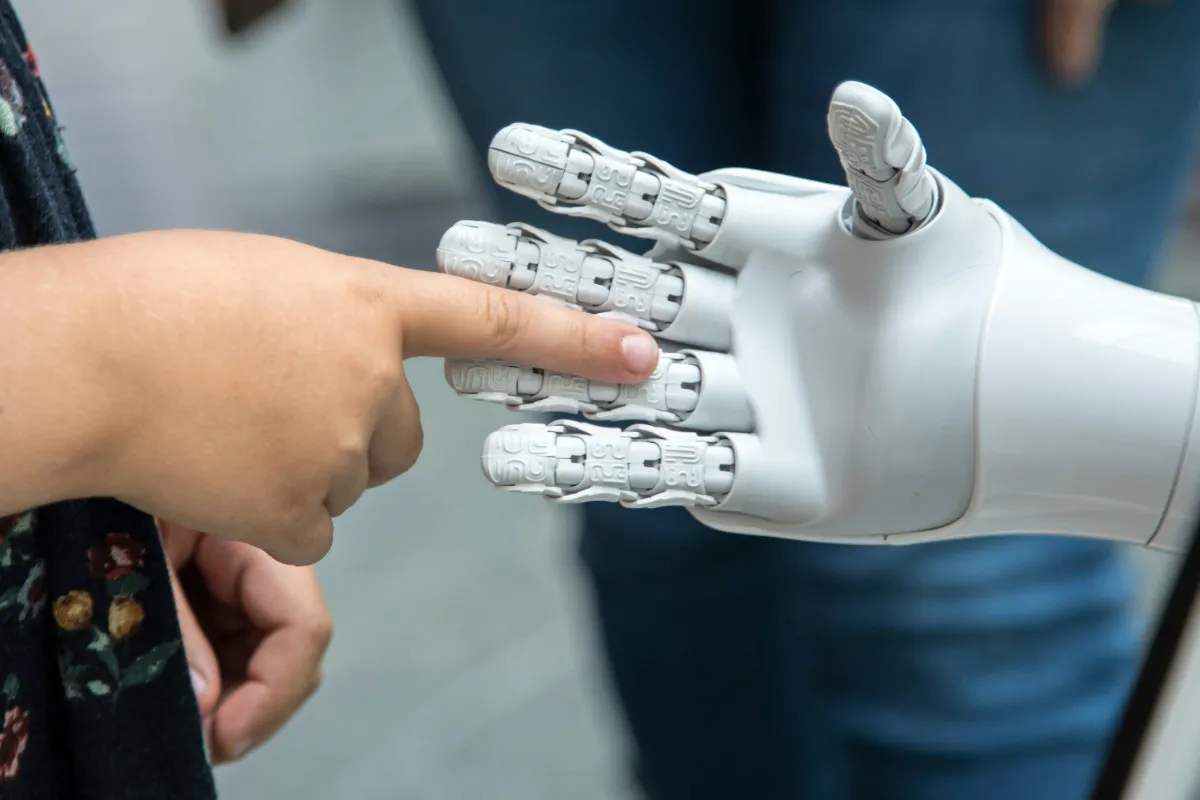
The Emotional Intelligence Revolution - Why 9 of 11 Future Skills Are Human Skills
The World Economic Forum just released their list of 11 core skills for 2030 (Full Future Of Work Report). Nine of them are pure Emotional Intelligence. Yet most companies still treat EI like optional team-building fluff. What are we missing?

Let's cut through the corporate BS: you're spending millions on AI and automation while your best people are walking out because they feel disconnected, unheard, and emotionally drained. The data is brutal - 67% of employees with empathetic leaders stay longer, but only 40% feel their manager truly understands them.
We're obsessing over technological literacy while ignoring the fact that creativity, empathy, and resilience - all Emotional Intelligence skills - made the top 11 list for future job success. It's like buying the latest smartphone but forgetting how to have a conversation.
Your competitors aren't just automating tasks; they're building emotionally intelligent cultures that attract and retain top talent. Meanwhile, you're wondering why your "people strategy" feels more like people management.
Here's the truth: AI can process data, but it can't inspire innovation. It can analyze patterns, but it can't create psychological safety. It can automate workflows, but it can't build the trust that drives breakthrough collaboration.
The organizations winning in 2030 won't just be technologically advanced - they'll be emotionally intelligent. And that's not corporate speak; that's competitive advantage wrapped in human connection.
We see this pattern with our clients repeatedly. Companies invest millions in digital transformation tools but are hemorrhaging talent. Their engineering teams are world-class, but collaboration is toxic. Innovation meetings feel like interrogations.
The CEO wonders desperately: "We have the best technology, but we're failing as humans, and all my time goes to people-problems instead of building a great company."
Once we introduce Emotional Intelligence training focused on psychological safety and mindful leadership, things change quickly. Within weeks, their employee productivity scores jump 40%, voluntary absenteeism drops significantly, and innovation starts thriving.
We've observed this transformation across industries: when companies stop treating Emotional Intelligence as "HR fluff" and start treating it as strategic infrastructure, everything changes.
The WEF report isn't just predicting the future - it's showing you the roadmap. Here are the nine emotional intelligence skills that will define workplace success:
Empathy & Active Listening: In our digital world, genuine human connection is becoming rare and therefore valuable. Practice curiosity about others' perspectives. Ask questions to understand, not to respond.
Motivation & Self-Awareness: The foundation of everything else. Implement daily reflection practices and get external feedback - you can't see your own blind spots. Consider executive coaching an investment, not an expense.
Resilience, Flexibility & Agility: Emotional regulation under pressure. Build stress management techniques that work for you. Practice reframing challenges as opportunities before your team needs you to model it.
Leadership & Social Influence: Pure emotional intelligence in action. Develop authentic leadership by aligning actions with values. People follow leaders they feel understood by, not titles they're intimidated by.
Creative Thinking: Innovation requires emotional courage to propose weird ideas and self-regulation to persist through criticism. Build psychological safety where creative risks are celebrated, not punished.
Analytical Thinking: Beyond pure logic, this requires emotional intelligence to manage cognitive biases and maintain objectivity under pressure. Practice separating facts from feelings while still honoring both in decision-making.
Curiosity & Lifelong Learning: This isn't about consuming information; it's about emotional resilience to embrace uncertainty. Practice intellectual humility - regularly acknowledge what you don't know and create learning rituals that challenge your assumptions.
System Thinking: Understanding how human dynamics interconnect within complex structures. Practice seeing situations from multiple stakeholder perspectives and resist the urge to oversimplify.
Talent Management: The ultimate expression of emotional intelligence in leadership. Requires deep empathy to understand individual motivations, self-awareness to adapt your management style, and social influence to inspire peak performance.
Emotional Intelligence isn't a luxury - it's the competitive edge hiding in plain sight. While everyone else is chasing the next AI tool, you could be building the human capabilities that will differentiate your organization for the next decade.
The choice is simple: invest in the technology that replaces people, or invest in the human skills that AI can't replicate.
Ready to build an emotionally intelligent culture that drives innovation and transformation? Explore our mindful leadership programs or watch our Case Study that address your organization's toughest challenges.
The future belongs to organizations that remember: in a world full of artificial intelligence, authentic human intelligence becomes priceless. The question isn't whether AI will change work - it's whether you'll be ready to lead the humans who work alongside it.

